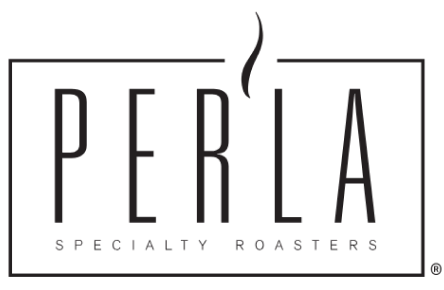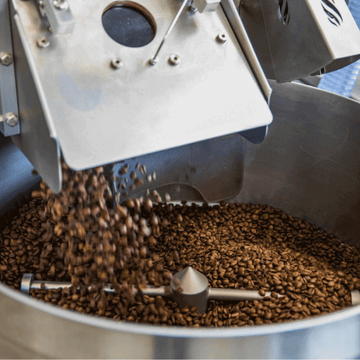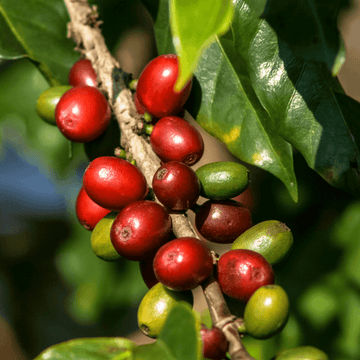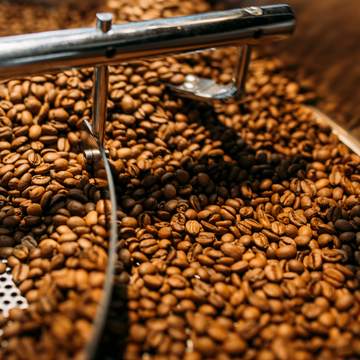The main difference between specialty coffee and commercial coffee comes down to its quality, the way that it is sourced, the meticulous processing and the attention paid to the roasting process.
1. Quality & Grading
Specialty Coffee: Scored 80+ points (out of 100) by the Specialty Coffee Association (SCA) and The Coffee Quality Institute (CQI) It has minimal defects and is carefully selected for its flavors, aroma, fragrance and consistency.
Commercial Coffee: Lower quality, often a blend of beans with more defects. Focuses on mass production and consistante flavor rather than unique flavors.
2. Sourcing & Traceability
Specialty Coffee: Comes from specific farms, co-ops, or regions. Farmers are paid premium prices for better cultivation practices.
Commercial Coffee: Usually sourced in bulk from multiple regions/countries with little traceability. Prioritizes cost efficiency over quality.
3. Roasting Approach
Specialty Coffee: Roasted in small batches to highlight unique flavors. Typically lighter roasts to preserve natural characteristics while highlighting the origin specific flavors
Commercial Coffee: Roasted in large-scale facilities, often darker to create uniform taste and mask inconsistencies and defects.
4. Flavor Profile
Specialty Coffee: Diverse and complex flavors, often with notes of fruit, chocolate, floral, with nutty undertones.
Commercial Coffee: More bitter and one-dimensional, sometimes over-roasted to maintain a consistent taste.
5. Price & Accessibility
Specialty Coffee: More expensive due to ethical sourcing, higher quality, selective picking and small-batch roasting.
Commercial Coffee: Cheaper and widely available in supermarkets, fast food chains, and instant coffee products.
6. Sustainability & Ethics
Specialty Coffee: More likely to support fair trade, direct trade, and environmentally sustainable farming practices.
Commercial Coffee: Often mass-produced with little emphasis on sustainability or farmer compensation.
In Conclusion:
If you appreciate quality, complex flavors, age of your coffee, meticulous roasting and ethical sourcing, specialty coffee is the way to go.





